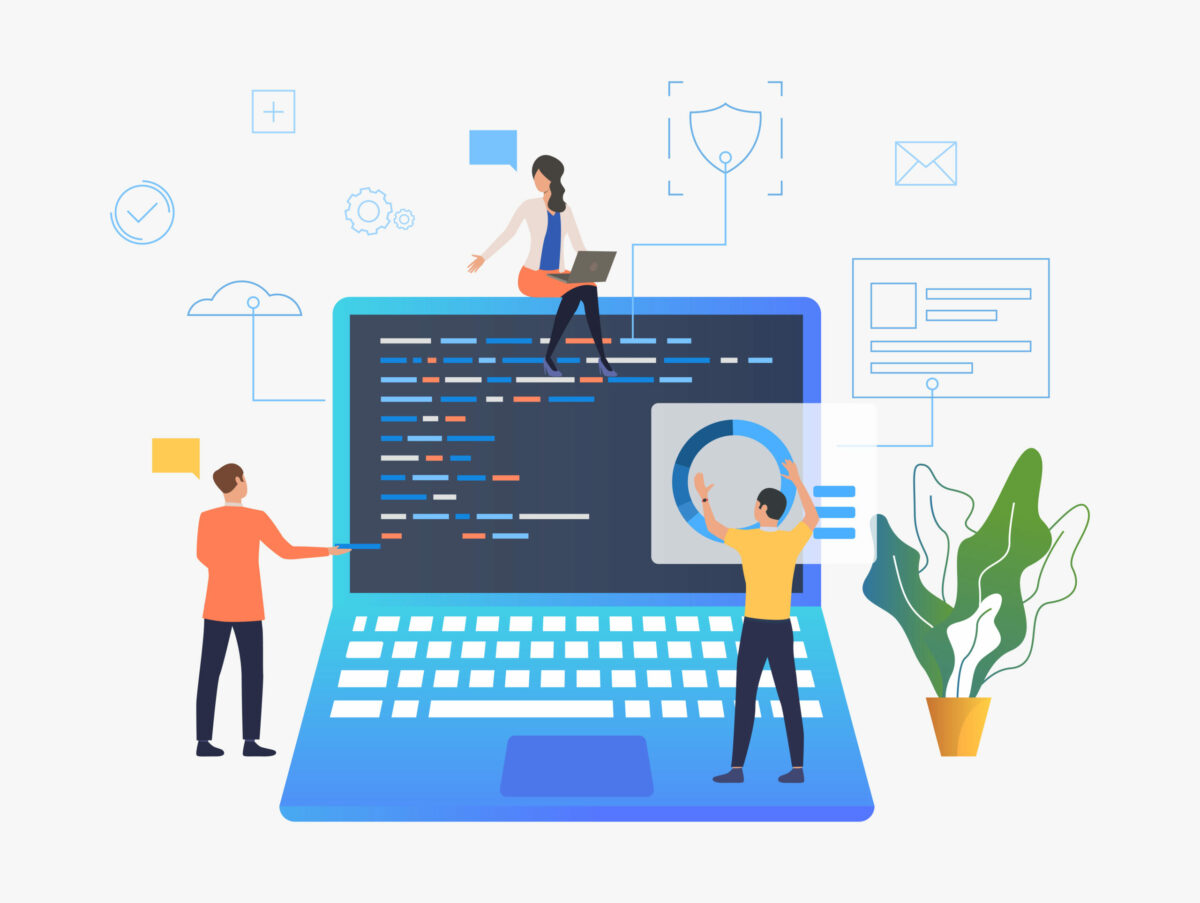Question: Should I rent or buy a property in 2019?
Kyle’s Answer:
Chatting to young people every day about their money, one of the more common things I hear is something like “rent money’s dead money, I don’t want to be paying off someone else’s mortgage”.
So, is it true? Is rent money really ‘dead’ money?
I guess by definition, rent money is dead money as it’s money that you’re never getting back.
But what’s the alternative?
Borrowing and paying interest. That’s the alternative.
In this case, you’re never getting the interest back, so the interest repayment is also ‘dead’ money.
Some may counter this by saying something like, “property always goes up so I benefit from these gains by owning my home”. Funnily enough, I’ve heard this less and less over the last couple of years…
So, what are the pros and cons of owning your home?
Pros Of Home Ownership
- The biggest ‘pro’ of home ownership I think is the stability. Rental leases are usually 12 months and it’s out of your hands if it gets renewed and no one likes to move house.
- Freedom. When you own a house you can do basically whatever you want. Paint the walls, hang a photo, have a lovely garden – everyone likes to make their house a home and it’s a lot easier to do if you own your house. My girlfriend and I also love dogs and would love to get one but know that this would make our life a lot harder trying to find places we’d like to live.
- The potential for property price rises. Over the long-term property (particularly in capital cities) has risen, providing good returns for homeowners.
- Tax. Your home is exempt from capital gains tax so you get the full benefit of any rises.
- Social benefits. I almost left this one out but I think it’s real. Have you ever felt pressure to buy a property from a friend or family member? Most weekends I see a friend upload a picture of themselves in front of their new home/sold sign and see this as code for “we’ve got our shit together”. Whether it’s financially beneficial or not there definitely is this perception.
- Forced savings. Although this is behavioural, a mortgage can be great for people who aren’t as good at saving as it removes the temptation to spend more than you should.
Cons Of Home Ownership
- You need to save a deposit and you lose the opportunity to earn an external return on this money (finance geeks call this “opportunity cost”).
- You’ll need to make interest repayments (let alone mortgage repayments). These often exceed paying rent for a comparable property.
- Owning property is expensive. Stamp duty, building and pest inspections, insurance, maintenance, land rates, strata, insurance, agency costs when selling… the costs can seem never-ending.
- Less flexibility. Although you can always rent out your house if you want to move cities, states or overseas there is less flexibility once you own your home due to the higher expenses and a large chunk of your net worth in the equity of the home that may not be accessible should you need it.
- Lack of diversification. It’s hard to diversify with such an expensive ‘asset’ and ‘liability’ concentrated at one residential address. Property is just one asset class.
So Should I Rent Or Buy?
The answer is a personal question.
There are times when it makes more sense financially to rent than buy. However, sometimes the emotional benefits of home ownership outweigh the possible financial benefits of renting.
Buying property is one of the biggest and most emotional decisions you will make in your life so prior to going to any open houses it’s important to consider things like:
- Why do I want to buy a property?
- What are the upfront and ongoing expenses going to be?
- What are my alternatives and what do the numbers look like?
- What are my plans over the short, medium and long-term?
Lastly, renting will only compete financially with buying a house if you:
- invest the funds you’d otherwise use for a deposit, and
- invest the ongoing cash-flow savings from renting.
As such, it’s important to consider if you will be able to stick to the savings plan and have an investment strategy that works for you. This could be in something like shares or even owning an investment property while you rent somewhere else (“rent-vesting”).
[ls_content_block id=”18503″ para=”paragraphs”]











